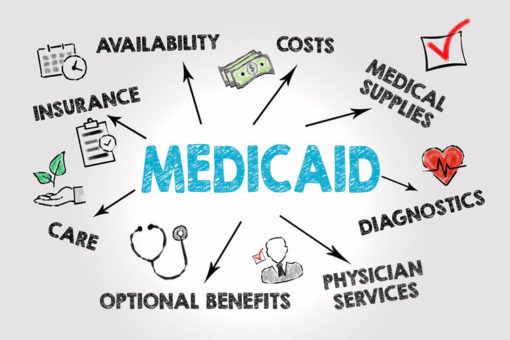
One of the issues that often come up in a Virginia injury case is what to do about the medical bills. Some people mistakenly believe that since they were in a car accident, the insurance company of the person who caused the wreck will immediately pay the medical bills. This is simply not the case. The case cannot and should not be settled until the medical treatment is through. In the meantime, you want your medical bills paid by any health insurance or other insurance that you have that will pay for those bills.
If you have private health insurance, you want to have your bills sent to that health insurance for payment. Your goal is to get the bills paid so medical providers will not be calling you for the full amount of the bills and they will not try to send the bills to collections agencies. You will have to pay your co-pays and deductibles, but you want to make sure the bills are paid. After you have recovered from the injuries, a claim will be made for all of your medical bills.
If your health insurance company pays your medical bills, you may or may not have to reimburse them for the payments they made when you settle your personal injury case. Whether or not you have to repay the health insurance company depends on your policy. When a health insurance tries to reclaim money they paid out from a personal injury settlement, it is called “subrogation.”
Medicaid works differently than Medicare. Medicaid is handled through the Department of Medical Assistance, an agency of the Commonwealth of Virginia. You should still have your medical bills from your Virginia car accident sent to Medicaid for payment. If you reach a settlement with the liability insurance company, then you will need to reimburse Medicaid. Unfortunately, Medicaid does not reduce for attorney’s fees or cost. Medicaid will reduce their lien in certain circumstances but it can be difficult, as you may have to go to the Virginia Attorney General’s office to get approval for a loan reduction.